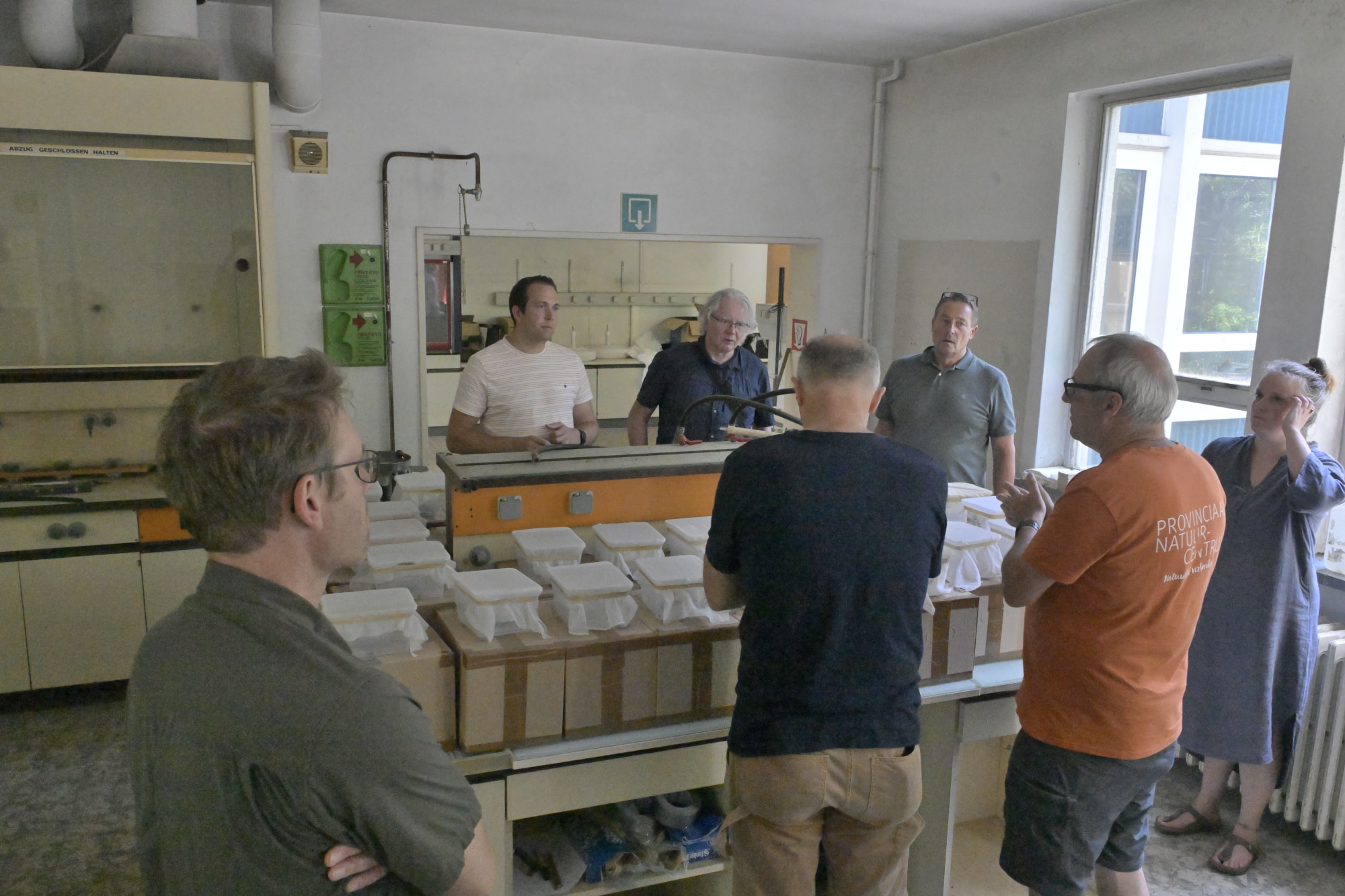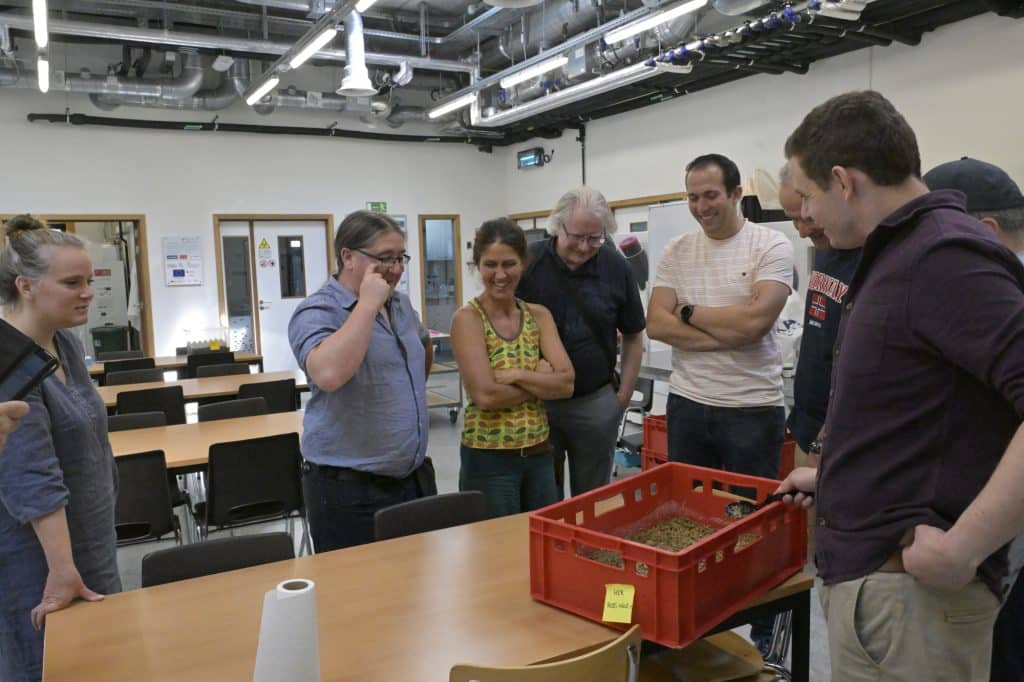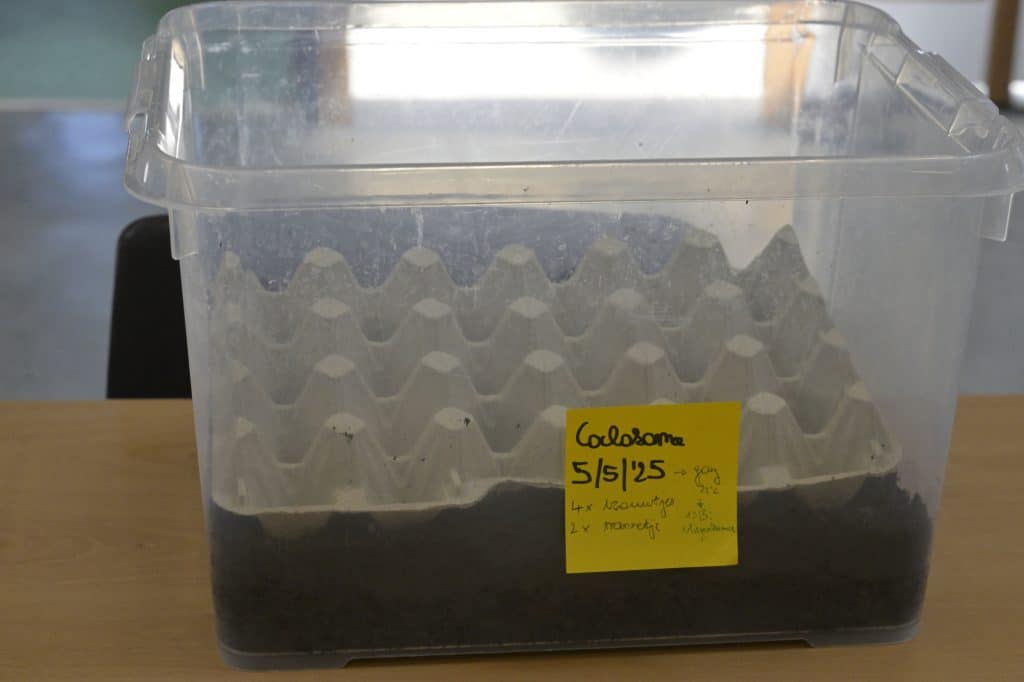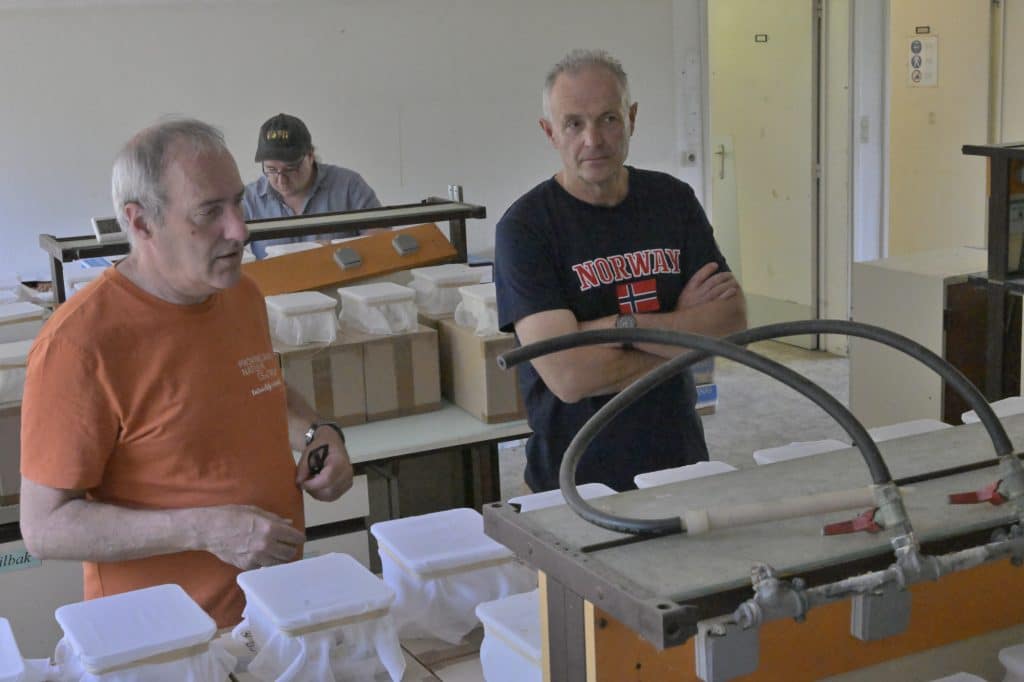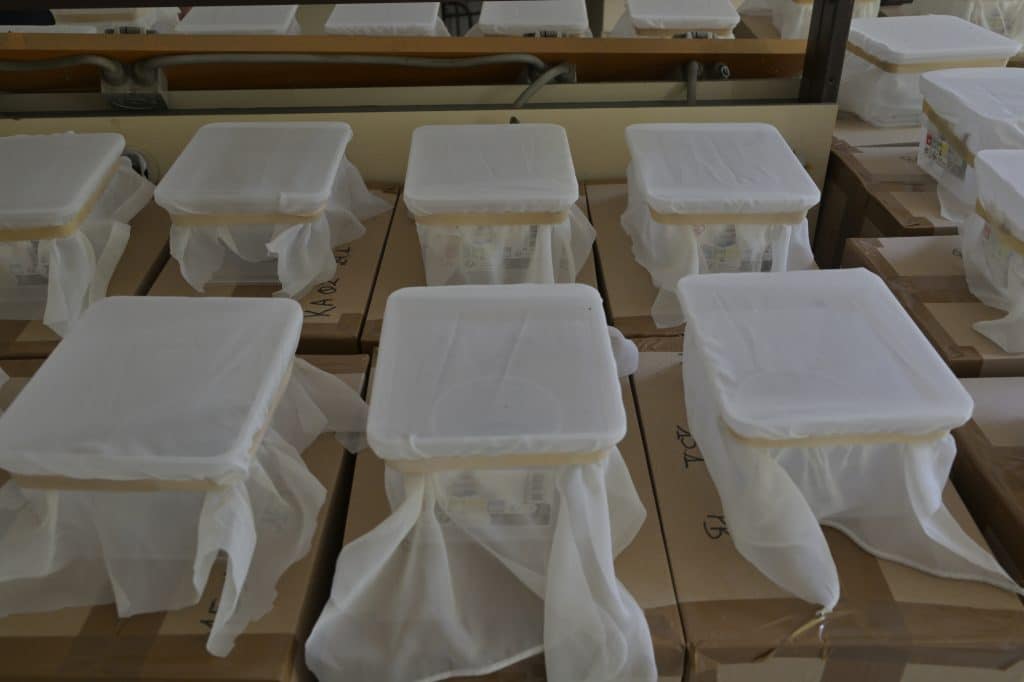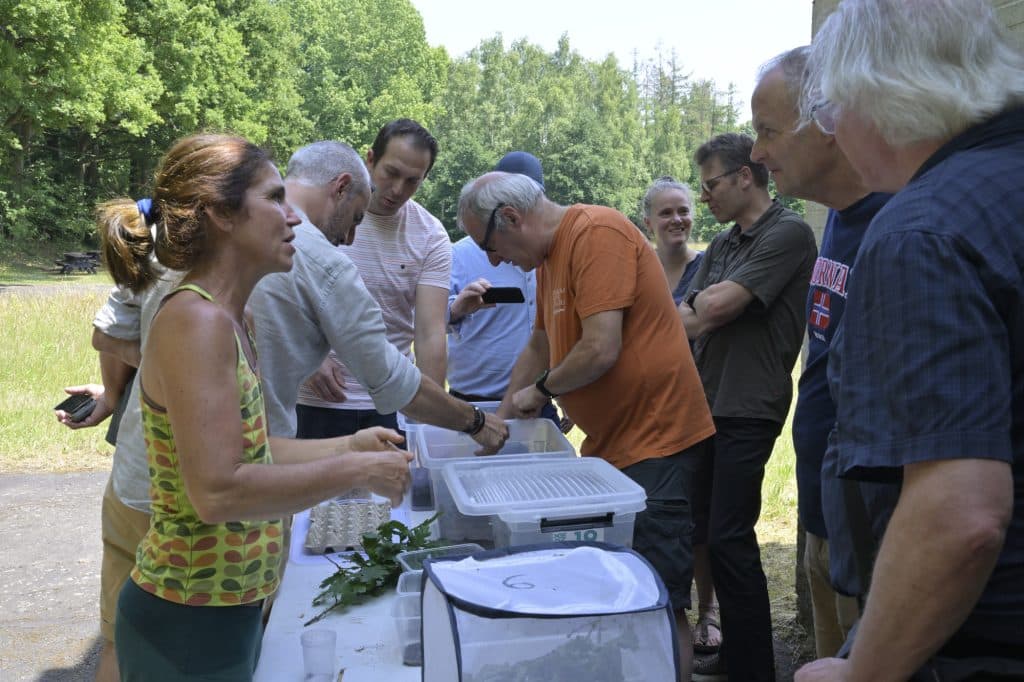Kick-off event for the Oak- and Pine Processionary Caterpillar Expert Group
One of the ambitions of the LIFE project was to establish an international expert group on the Oak processionary caterpillar, with the primary objective of…
One of the ambitions of the LIFE project was to establish an international expert group on the Oak processionary caterpillar, with the primary objective of guiding policy regarding the management of this pest species towards the most ecologically sound methods. We are thinking primarily of our neighboring countries – France, Germany, the Grand Duchy of Luxembourg, and the United Kingdom. And we want to apply this not only to the Oak processionary caterpillar, but also to its close relative and potential future pest, the Pine processionary caterpillar.
To make this possible, we want to exchange information about scientific research on oak processionary caterpillars and their natural enemies, about the distribution of the species, and about new and existing management and monitoring techniques at least once a year.
The initiative for this expert group was launched on June 12th and 13th. No fewer than 21 scientists from five countries gathered in Antwerp—or participated digitally—for a full day of presentations and discussions. Around ten topics were covered, ranging from monitoring the Oak processionary caterpillar with light traps, predictions about the further spread of the Pine processionary caterpillar, research into the food preferences of our parasitic flies, and potential new management measures for Oak processionary caterpillars, such as the use of pheromones. The breeding experiment with the Forest caterpillar hunter and possibilities for deploying this predatory beetle were also discussed.
Friday was spent visiting labs – the breeding center at Thomas More University in Geel, where the experiments with the Forest caterpillar hunter took place, and at our project lab at the Provincial Nature Center in Bokrijk, where the parasitic flies and wasps were bred.
The enthusiasm among attendees for more of this was clearly there, so we’re now looking at a sequel in 2026.
If you are a scientist interested in the topic and would like to learn more about the expert group, please contact the project team at [email protected]
